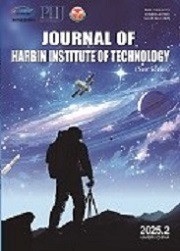|
| Abstract: |
| Early-stage diabetes prediction is crucial for timely intervention and effective disease management. In this paper, we propose a robust model that combines the Flying Squirrel Search (FSS) optimization algorithm with Learning Vector Quantization (LVQ), utilizing a MapReduce framework to handle large-scale diabetes datasets. The FSS algorithm efficiently searches for optimal feature subsets, enhancing the model’s predictive performance by reducing data dimensionality and identifying relevant features that contribute to early diabetes detection. LVQ is then employed as a supervised learning technique to classify patients based on these optimized features. By integrating MapReduce, our approach scales seamlessly across distributed computing environments, making it well-suited for processing extensive healthcare data. Experimental results demonstrate that our FSS-LVQ model achieves high accuracy and reliability in predicting diabetes at an early stage, outperforming traditional approaches in both efficiency and scalability. The proposed framework shows promise as a practical, scalable solution for early diabetes screening and contributes to data-driven healthcare advancements. |
| Key words: diabetes mellitus dimensionality reduction flying squirrel search MapReduce LVQ |
| DOI:10.11916/j.issn.1005-9113.2024009 |
| Clc Number:TP18 |
| Fund: |





